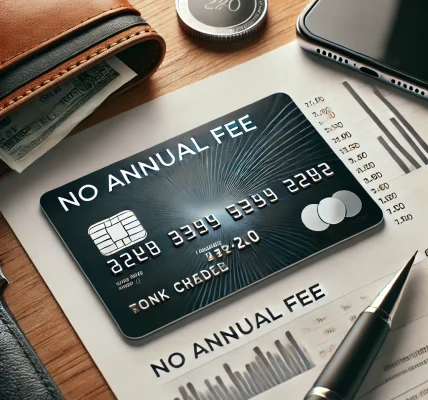The financial market has expanded significantly with the rise of digital trading, making security a crucial factor in choosing the right exchange. Whether you’re trading stocks, forex, cryptocurrencies, or other financial products, selecting a secure exchange is essential to safeguard your funds and personal information.
Understanding Financial Product Exchanges
A financial product exchange is a marketplace where traders buy and sell assets, including stocks, bonds, commodities, forex, and cryptocurrencies. These exchanges provide liquidity, price transparency, and regulatory compliance to ensure fair trading conditions.
Key Factors in Evaluating Exchange Security
To determine which exchange offers the best security, it is important to consider the following aspects:
- Regulatory Compliance – Exchanges should be regulated by financial authorities such as the SEC, FCA, or CySEC.
- Data Encryption & Cybersecurity – End-to-end encryption, two-factor authentication (2FA), and cold storage options.
- User Protection Policies – Insurance funds, anti-money laundering (AML), and know your customer (KYC) requirements.
- Fund Security Measures – Use of multi-signature wallets and secure withdrawal processes.
- Track Record & Reputation – History of security breaches and how they were handled.
Top Financial Product Exchanges with High Security
1. New York Stock Exchange (NYSE)
- Regulation: Governed by the U.S. Securities and Exchange Commission (SEC)
- Security Features: Advanced cybersecurity protocols, real-time surveillance systems, and compliance standards.
- Pros: High liquidity, strict financial oversight, and global reputation.
- Cons: Only traditional financial products (stocks, bonds, ETFs).
2. NASDAQ
- Regulation: SEC-regulated
- Security Features: Uses blockchain technology for record-keeping, high-level encryption, and surveillance tools.
- Pros: Advanced trading technology, real-time monitoring.
- Cons: Limited to equity and derivatives trading.
3. Binance (For Cryptocurrency Trading)
- Regulation: Compliance varies by region, follows international AML/KYC regulations.
- Security Features: Two-factor authentication, cold storage, and Secure Asset Fund for Users (SAFU).
- Pros: High liquidity, multiple security layers, regular audits.
- Cons: Subject to regulatory scrutiny in some countries.
4. CME Group (Chicago Mercantile Exchange)
- Regulation: Regulated by the U.S. Commodity Futures Trading Commission (CFTC)
- Security Features: Advanced cybersecurity systems, trade surveillance, and risk management tools.
- Pros: Strong risk controls, diverse financial products.
- Cons: Limited to institutional traders.
5. London Stock Exchange (LSE)
- Regulation: Financial Conduct Authority (FCA) oversight
- Security Features: High-level encryption, secure trading environment, and data protection policies.
- Pros: Strong reputation, stability, and investor protection.
- Cons: Focus on European markets.
6. Coinbase (For Cryptocurrency Trading)
- Regulation: Licensed in multiple jurisdictions, including the U.S.
- Security Features: Cold storage for 98% of assets, biometric logins, and insurance against cyber-attacks.
- Pros: Strong regulatory compliance, easy-to-use interface.
- Cons: Higher fees compared to competitors.
How to Choose a Secure Financial Exchange?
- Verify Regulation & Licensing – Check if the exchange follows legal and regulatory guidelines.
- Assess Security Infrastructure – Look for encryption, authentication measures, and asset protection.
- Review Past Security Incidents – Understand how the exchange has handled previous breaches.
- Consider Insurance Protection – Opt for exchanges that offer compensation for cyber losses.
- Read User Reviews – A strong user community can help identify reliable platforms.
Conclusion
Security should be the top priority when selecting a financial exchange. Platforms like NYSE and NASDAQ offer the highest level of security for traditional financial products, while Binance and Coinbase lead in crypto exchange security. Always conduct thorough research and choose exchanges with strong regulatory oversight, encryption measures, and user protection policies.




